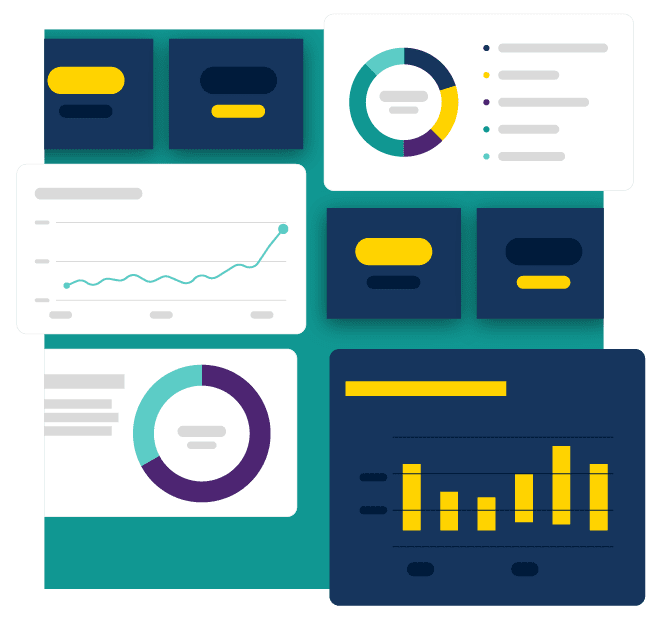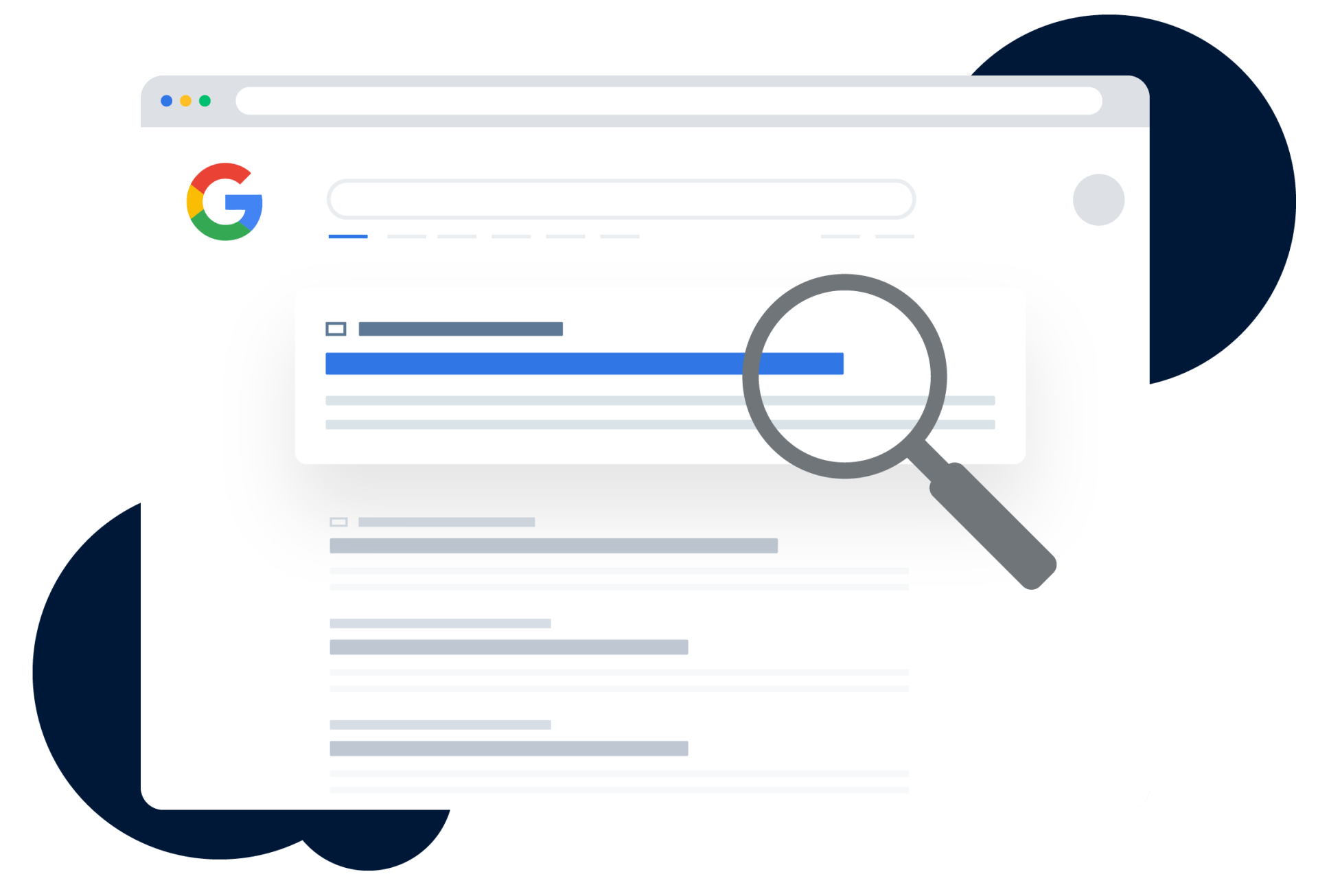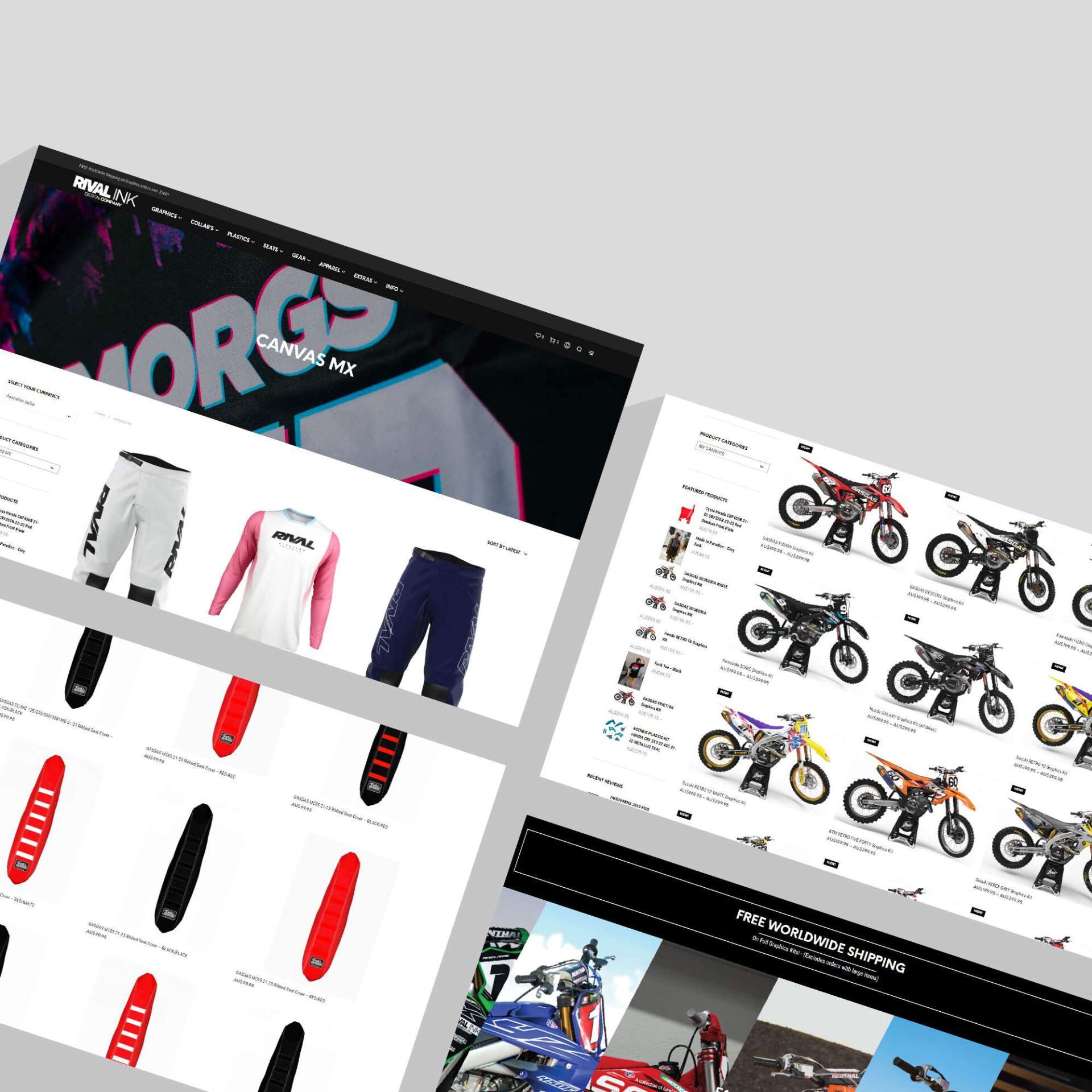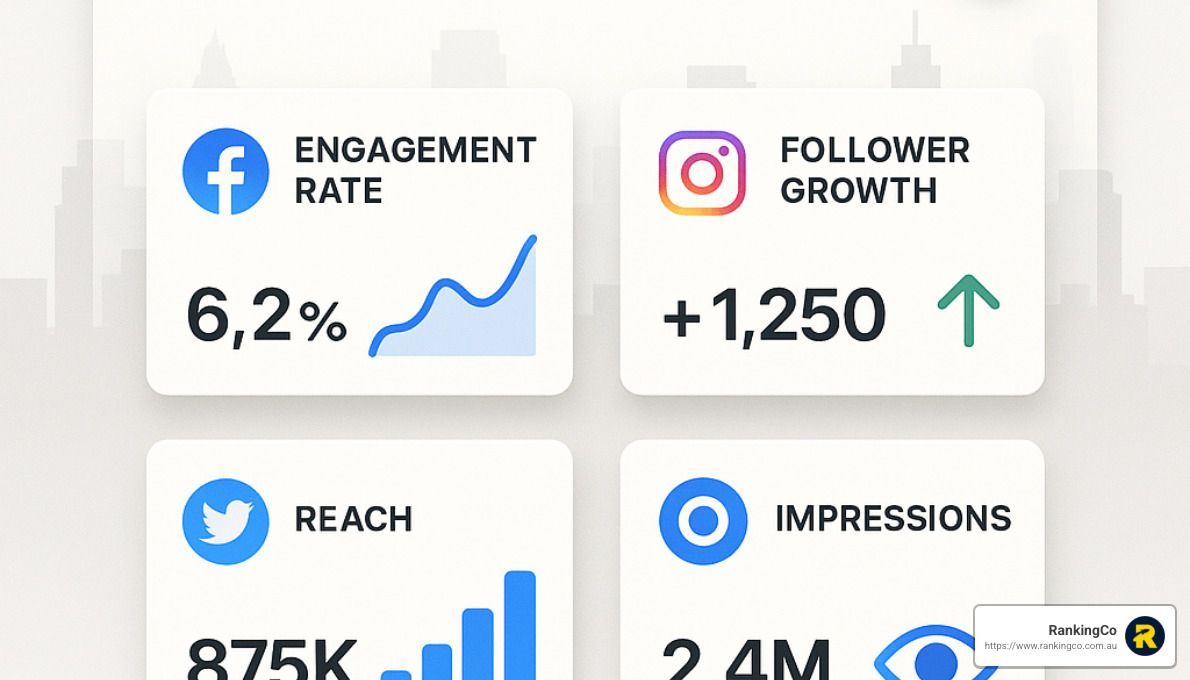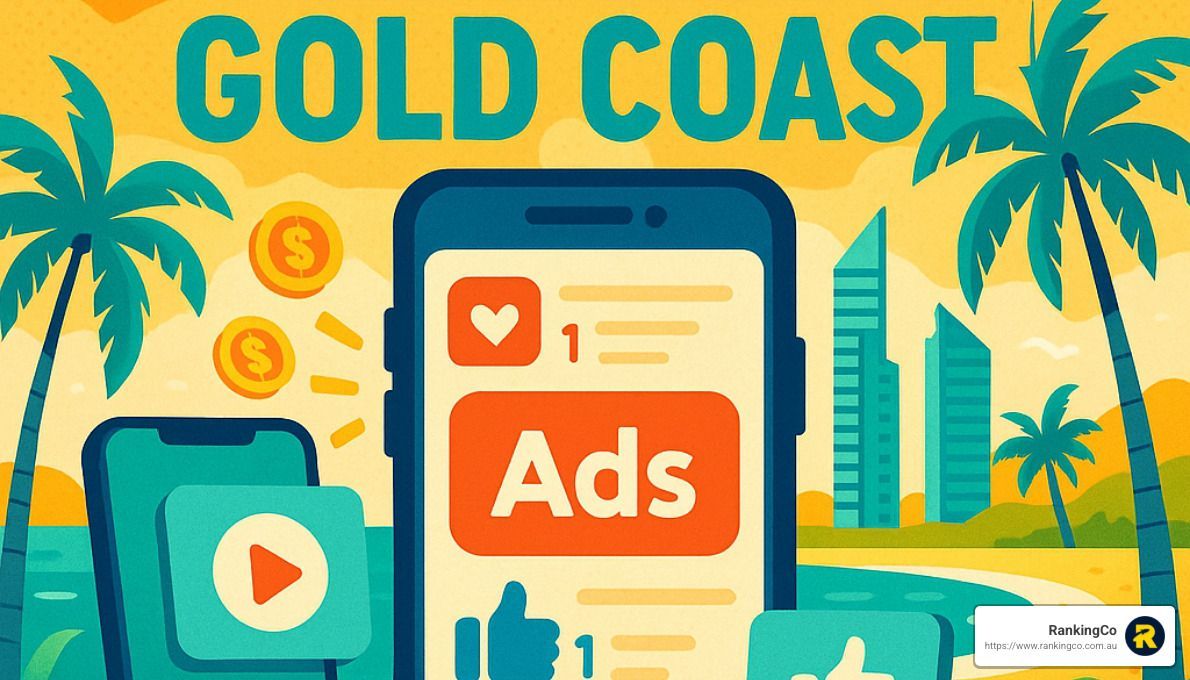From Good to Great: Optimising Your Google Ads Campaigns
Google Ads campaign optimisation can significantly boost your business's visibility and sales. If you're looking to get more out of your digital marketing strategy quickly, start by improving your campaign structure. Here are a few quick tips:
- Organise your Google Ads account into well-structured campaigns and ad groups.
- Use negative keywords to avoid unwanted ad placements.
- Focus on long-tail keywords for more targeted reach.
- Regularly update and optimise your ad extensions and site links.
- Test different automated bidding strategies to find what works best.
Optimising your Google Ads campaigns is critical to controlling costs and increasing ROI. By structuring your account properly, you ensure your ads appear to the right audience at the right time. This not only improves ad relevance but also improves overall campaign performance.
I'm Kerry Anderson, a digital marketing strategist with over 15 years of experience in Google Ads campaign optimisation. By helping businesses scale their advertising efforts, I've seen how focusing on optimisation can deliver impressive results. Let's explore how you can take your campaigns from good to great.
Understanding Google Ads Campaign Optimisation
Google Ads campaign optimisation is the secret sauce to making your advertising budget work harder for you. It's all about refining your ads to ensure they reach the right people at the right time, without wasting a cent. Let's break down a few key elements that can transform your campaigns.
Negative Keywords
Negative keywords are your campaign's best friend. They help you avoid showing your ads to people who aren't interested in your product or service. Imagine you're selling high-end laptops. You wouldn't want your ads to appear when someone searches for "cheap laptops." By adding "cheap" as a negative keyword, you ensure your ads only show to potential buyers who are more likely to convert.
Using negative keywords smartly can save you a lot of money and improve your campaign's effectiveness. Pro tip: Regularly review your search terms report to identify new negative keywords.
Long-Tail Keywords
Long-tail keywords are longer and more specific phrases that people use when they're closer to making a purchase. These keywords might not have the highest search volume, but they often have a higher conversion rate because they target consumers with clear intent.
For example, instead of targeting the broad keyword "laptops," you might focus on "best laptops for graphic design." This specificity helps you reach a more defined audience and reduces competition, often leading to a better return on investment (ROI).
Google's Keyword Planner is a great tool to find these long-tail gems. It can help you find which long-tail keywords are worth targeting to maximise your campaign's performance.
Optimisation Score
Your optimisation score is like a health check for your Google Ads campaigns. It provides a quick snapshot of how well your campaigns are set up to achieve your business goals. A higher score means your campaigns are more optimised, but it's just a guide.
Google offers recommendations to help improve your optimisation score. These suggestions might include adding new keywords, adjusting bids, or improving ad copy. While these tips can be helpful, always consider your specific business needs before implementing them.
By focusing on these key areas—negative keywords, long-tail keywords, and optimisation score—you can significantly improve your Google Ads campaigns. Regular tweaking and analysis are essential to keep your campaigns performing at their best.
In the next section, we'll dive into essential tips for taking your Google Ads campaigns to new heights.
9 Essential Tips for Google Ads Campaign Optimisation
Use Negative Keywords
Negative keywords are crucial for Google Ads campaign optimisation. They ensure your ads don't show up for irrelevant searches. This saves money and targets the right audience. Regularly check your search terms report to find new negative keywords. This way, you can avoid wasting your budget on clicks that won't convert.
Focus on Long-Tail Keywords
Long-tail keywords are like hidden treasures. They're specific phrases that potential customers use when they're ready to buy. These keywords might have lower search volumes, but they often result in higher conversion rates. Using tools like Google's Keyword Planner can help you uncover these valuable keywords. By focusing on long-tail keywords, you target a more specific audience and face less competition.
Leverage Assets
Make the most of ad extensions to improve your ads. These include site links, call extensions, and location extensions. They provide extra information and can increase your ads' visibility and click-through rates. For instance, call extensions let users call your business directly from the ad, which is great for mobile users. Location extensions help local customers find you easily. Use these assets to give your audience more ways to engage with your business.
Experiment with Campaign Types
Don't limit yourself to just one type of campaign. Explore different options like YouTube campaigns, display campaigns, and performance max campaigns. Each has its strengths and can reach different audiences. YouTube campaigns are perfect for engaging visual content, while display campaigns can increase brand awareness. Performance max campaigns use machine learning to optimise across multiple Google channels. Experimenting with these can help you find the best fit for your goals.
Utilise Automated Bidding Strategies
Automated bidding can be a game changer for maximising conversions and achieving your target CPA. Google's automated tools adjust bids in real-time based on performance data. This takes the guesswork out of bidding and helps you meet your goals more efficiently. But be cautious—make sure to monitor and adjust settings to align with your business objectives.
Match Landing Pages with Ad Copy
Relevance is key. Your landing page should match your ad copy to provide a seamless experience. When users click on your ad, they expect to find what was promised. This improves your Quality Score, which can lead to better ad placements and lower costs. Ensure your landing page is clear, relevant, and meets the user's expectations to boost your conversion rate.
Track and Analyse Key Metrics
Keep an eye on important metrics like conversion rate, ROAS, and CPA. These numbers tell you how well your campaigns are performing. A high conversion rate indicates your ads and landing pages are effective. ROAS shows the revenue generated for every dollar spent, and CPA tells you the cost of acquiring a customer. Tracking these metrics helps you make informed decisions and optimise your campaigns for better results.
Implement Remarketing Lists for Search Ads (RLSAs)
RLSAs allow you to target people who have previously visited your site. This is a powerful way to re-engage potential customers who are already familiar with your brand. By adjusting your bids and ad copy for these audiences, you can increase the chances of conversion. RLSAs help you tailor your approach based on past interactions, making your ads more relevant and effective.
Regularly Review and Update Site Links
Site links are important for directing traffic to key pages on your website. Regularly review and update them to ensure they're relevant and lead to the right pages. If you've launched new products or services, add new site links to highlight these offerings. Keeping your site links updated helps improve user experience and can boost your campaign performance.
In the next section, we'll explore frequently asked questions about optimizing your Google Ads campaigns. Stay tuned for more insights and strategies!
Frequently Asked Questions about Google Ads Campaign Optimisation
How often should I optimise my Google Ads campaigns?
Optimizing your Google Ads campaigns isn't a one-time task. The frequency depends on several factors, including your budget size, the amount of historical data you have, and the competitive landscape. Generally, a full account optimisation once a month is advisable, with smaller tweaks on a weekly or even daily basis if needed. This ensures your campaigns remain aligned with your business goals and the changing market trends.
Consider your data analysis needs. If you have a large budget and extensive historical data, you might see actionable insights in just a couple of weeks. Conversely, a smaller budget might stretch this timeline to 8 weeks or more. Regularly reviewing performance metrics helps you make timely adjustments to avoid wasting ad dollars on ineffective strategies.
What is a good optimisation score for Google Ads?
The optimisation score in Google Ads is a useful tool, but it's not the be-all and end-all. It provides recommendations based on your campaign's performance, settings, and market trends. A score of 100% means Google believes your campaign is fully optimised, but don't stress if you're not there. The key is to focus on recommendations that align with your campaign objectives and have the highest potential impact.
The optimisation score should be used as a guide, not a strict rule. Combine it with other performance metrics like conversion rate and ROAS to get a comprehensive view of your campaign's effectiveness. This holistic approach ensures you're making data-driven decisions that improve your campaign's potential.
How can I improve my Google Ads conversion rate?
Improving your conversion rate is crucial for maximising the return on your ad spend. Start by ensuring your landing page aligns with your ad copy. Users expect to find what was promised when they click on your ad. A well-matched landing page improves user experience and increases the likelihood of conversion.
Conduct A/B testing on different ad variations, including headlines and descriptions. This helps identify which elements resonate most with your audience. Incorporate popular keywords to improve ad relevance and attract more clicks.
Keep an eye on key performance metrics and adjust your strategies accordingly. By regularly optimizing your landing pages and ad content, you can steadily improve your conversion rates and achieve better results.
Conclusion
At RankingCo, we know that the digital marketing landscape is constantly evolving. That's why we focus on keeping our strategies ahead of the curve. Our expertise in Google Ads campaign optimisation ensures that our clients get the most out of their advertising budgets.
We integrate advanced AI technologies into our marketing strategies. This allows us to accurately analyse market trends and create effective campaigns. AI helps us predict future trends and adjust our strategies in real time. This means our clients can stay one step ahead of their competition.
Our team specialises in targeted advertising through Google Ads, Meta Ads, and Bing Ads. We also provide exceptional SEO services, focusing on local SEO to help small businesses rank better in search engines. This comprehensive approach ensures that our clients reach their target audience effectively.
Whether you're looking to boost your brand's visibility or drive more conversions, we're here to help. Our data-driven strategies and AI-improved tools deliver results without breaking the bank.
Ready to take your digital marketing to the next level? Explore our Google Ads services and find how we can help your business thrive.
